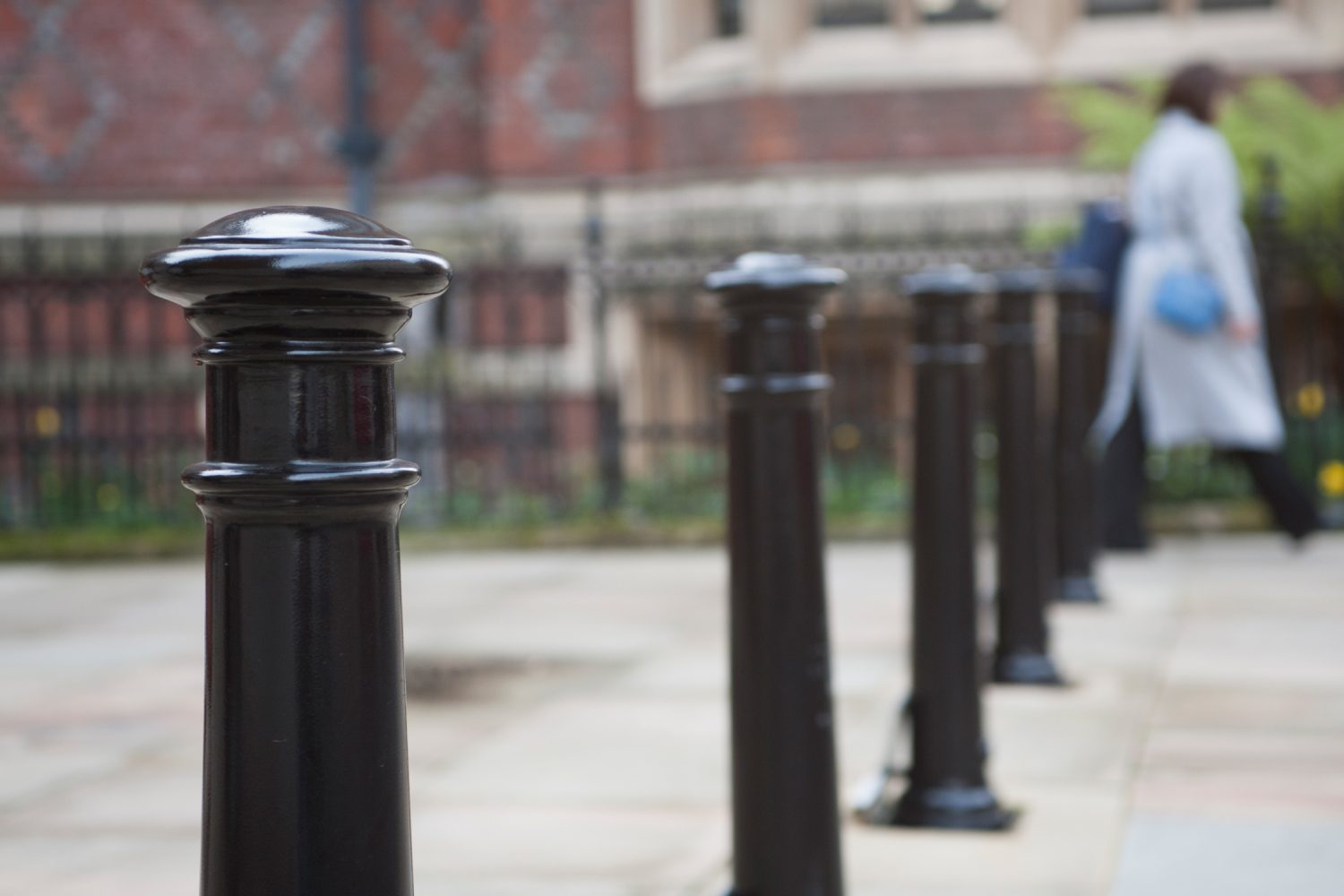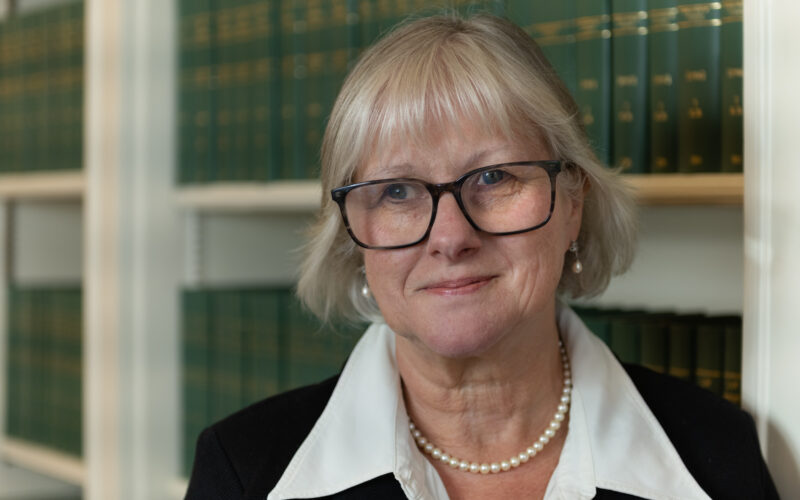Supreme Court grants permission to appeal in Ilott v Mitson
The Supreme Court has granted permission to appeal in the case of Ilott v Mitson. Penelope Reed QC and Hugh Cumber act for the appellant charities. This case concerns an award under the Inheritance (Provision for Family and Dependants) Act 1975 to the Respondent, Mrs Ilott, from the estate of her late mother, Mrs Jackson. This case will be the first time a case under the 1975 Act will be heard by the Supreme Court (or its predecessor the House of Lords).
The background to this case has been heavily reported in the press. Mrs Ilott and her mother became estranged after Mrs Ilott left home in her late teens. She married her husband Mr Ilott and together they had five children, all of whom are now adults. Attempts at reconciliation between Mrs Ilott and Mrs Jackson throughout Mrs Jackson’s life failed. As a result of the estrangement, Mrs Jackson decided not to make any provision for Mrs Ilott in her last will dated 16 April 2002 and left a letter with her Will explaining her decision. Instead she left her net estate, which was worth about £486,000, to certain charities.
Mrs Ilott and her husband have very modest financial means and have at all times been reliant upon state benefits. Following Mrs Jackson’s death in 2004, Mrs Ilott brought a claim against her estate under the 1975 Act. Mrs Ilott sought an award which would (amongst other things) enable her to buy her council house. The charities defended Mrs Ilott’s claim. In an application under the 1975 Act, a court has to consider two questions; the first question was whether the will made reasonable financial provision for the defendant, the so-called “threshold question”. If the answer to that question was “no”, the court would then have to decide what reasonable financial provision would be. When the case came to trial, the trial judge decided that the will failed to make reasonable financial provision for Mrs Ilott, and that an appropriate award would be a lump sum of £50,000.
Mrs Ilott appealed against that award. She argued that the effect of the large cash award would be to deprive her of her state benefits, some of which were means-tested. After a lengthy appeal process, it was ultimately decided by the Court of Appeal that the will did indeed fail to make reasonable financial provision for the appellant. This left Mrs Ilott’s appeal against the size of the award outstanding. Following an appeal hearing, Mrs Justice Parker dismissed this appeal and left the original award of a lump sum of £50,000 in place. Mrs Ilott appealed for a second time to the Court of Appeal (her fourth appeal in this case overall). She repeated her argument that the award of £50,000 deprived her of her means-tested state benefits, and that she needed a much larger award to enable her to buy her council house. The Court of Appeal, in a judgment given by Arden LJ, allowed her appeal. Arden LJ stated that the trial judge had failed properly to ascertain the effect of the award on Mrs Ilott’s state benefits and set aside his award. She then substituted an award of £143,000 to enable Mrs Ilott to buy her council house, plus the reasonable expenses of purchasing the property, plus a lump sum of £20,000. However, she said that Mrs Ilott could take a sum of less than £20,000 if she wished, in order to preserve her benefits.
The charities sought permission to appeal against this order, which was granted by the Supreme Court on 22 February 2016. The appeal raises important issues as to the correct approach of the appellate court to appeals in this jurisdiction, the meaning of maintenance in the 1975 Act, the interrelation of the jurisdiction under the Act and benefits payable to an applicant and the balancing exercise required by the Court.




